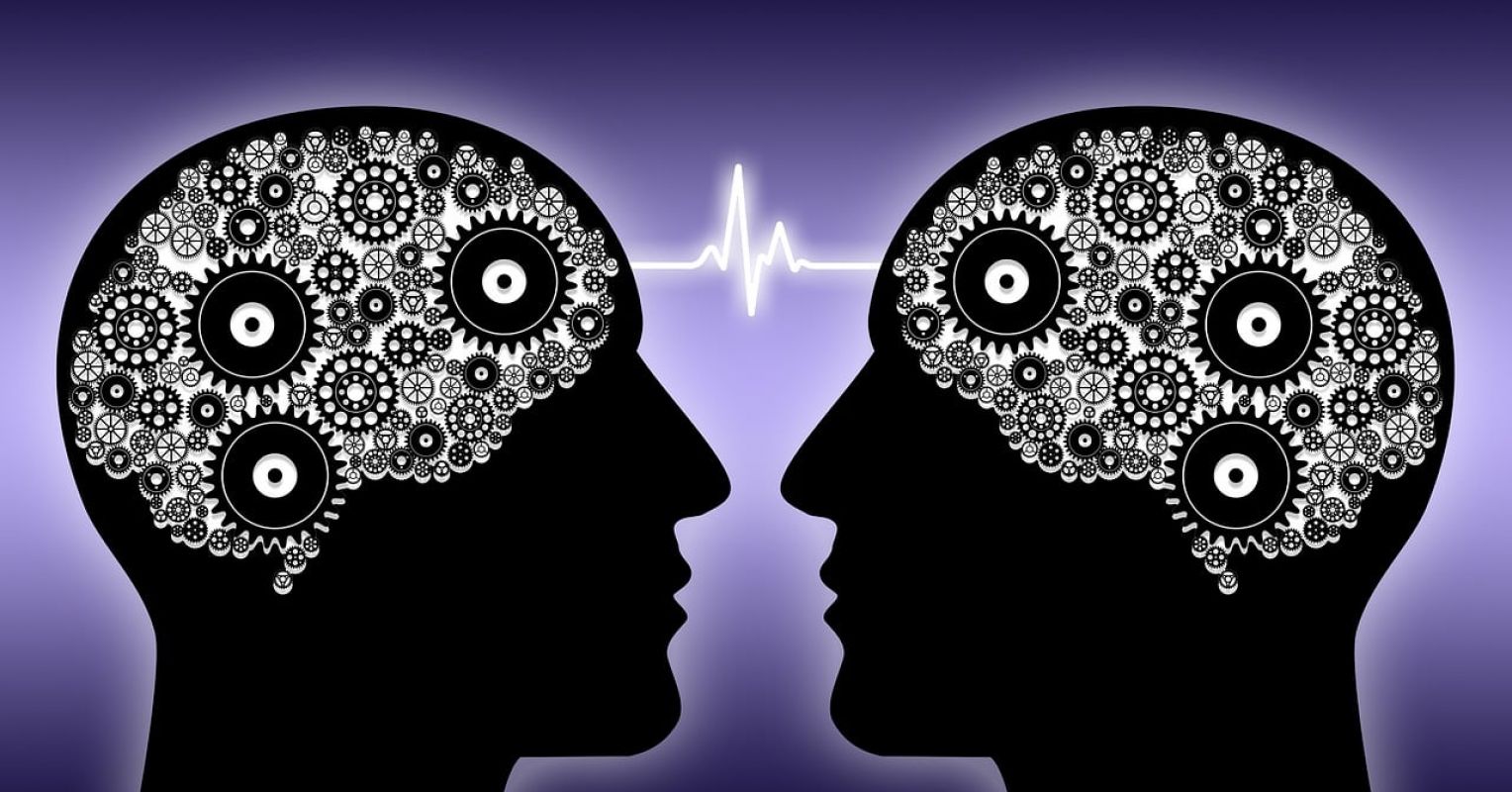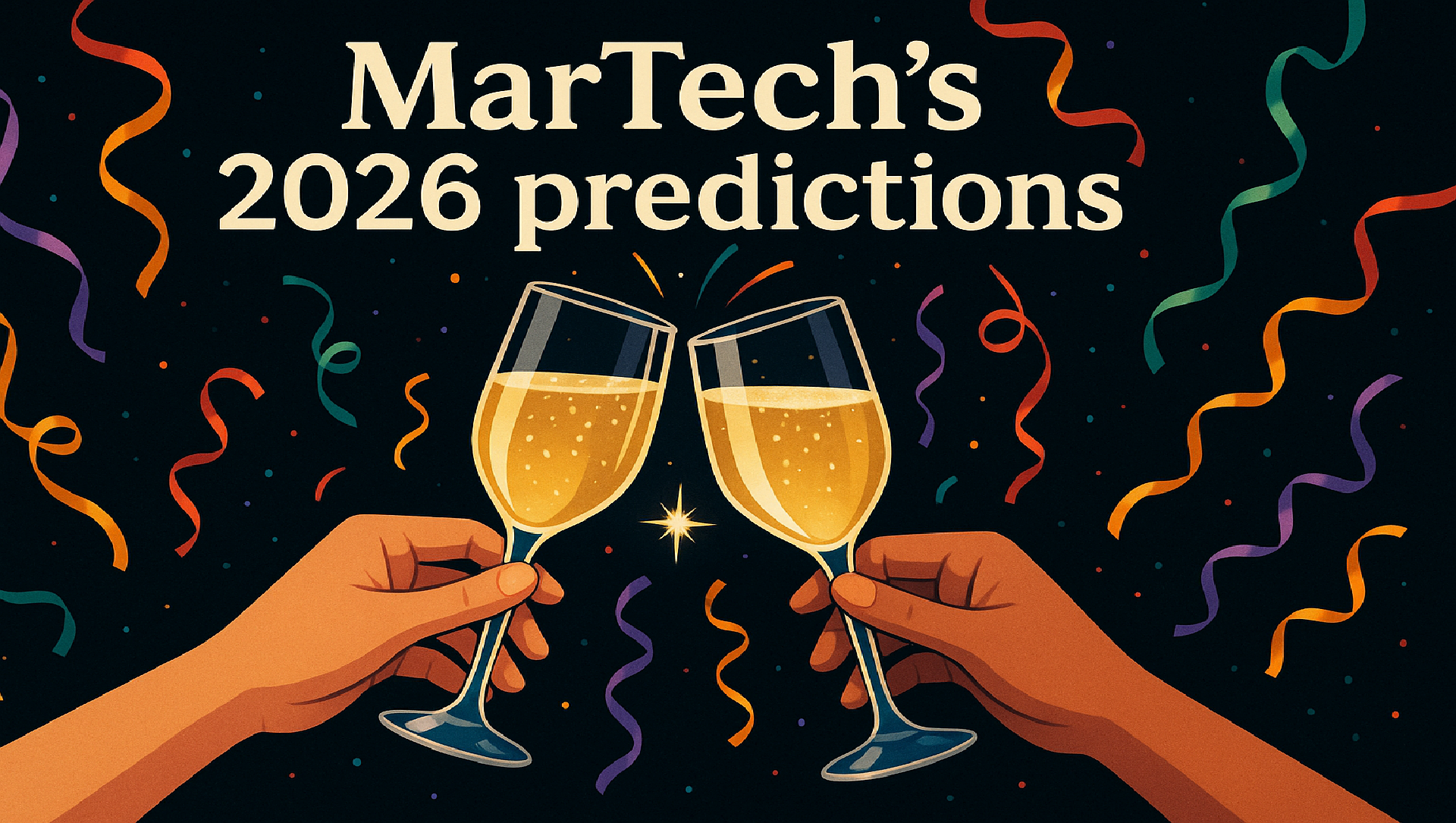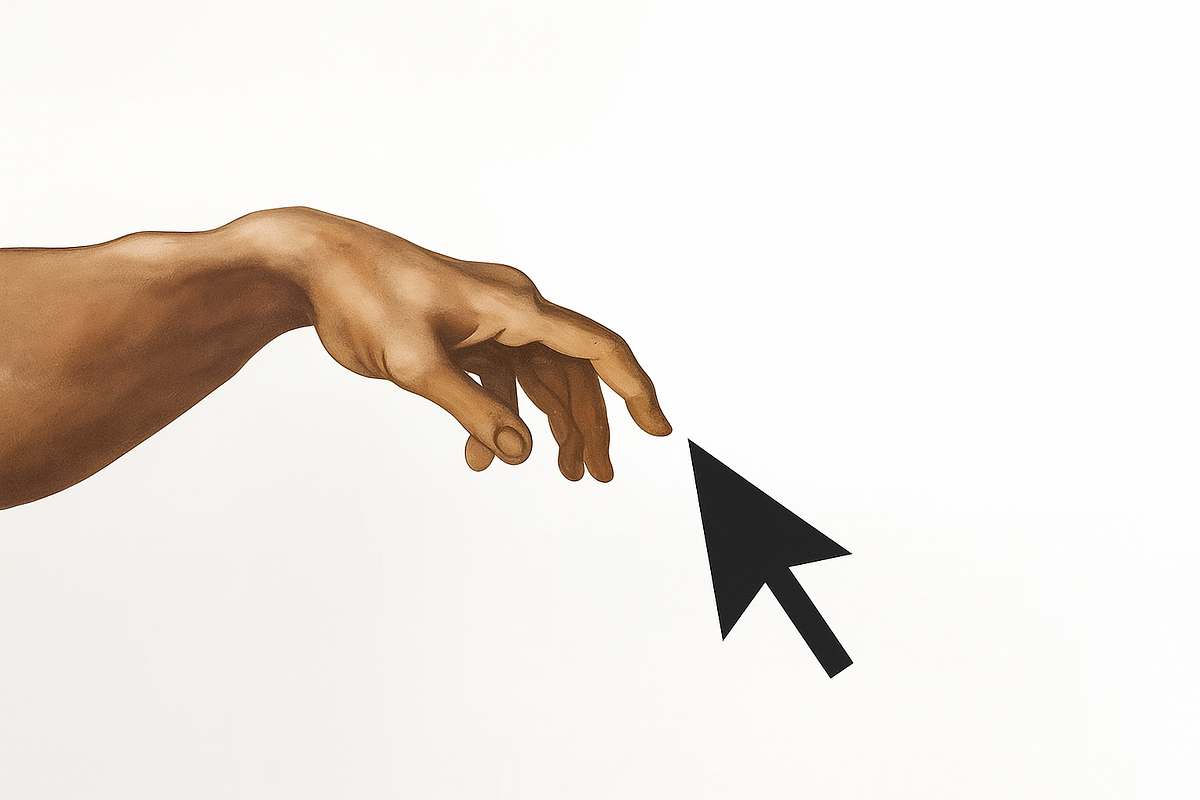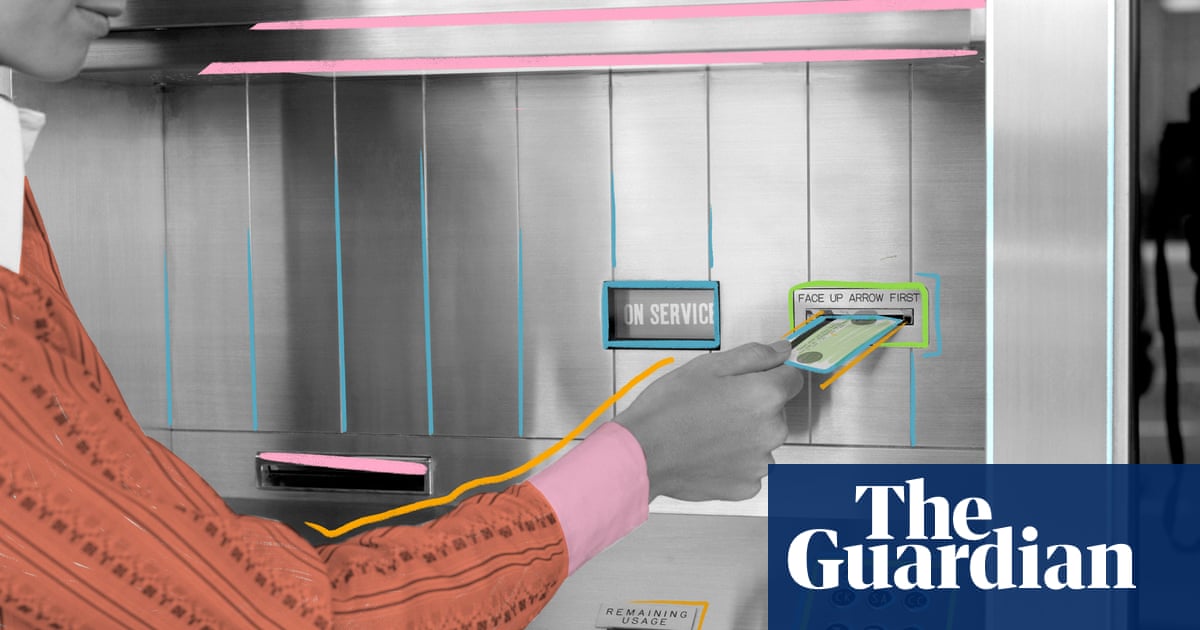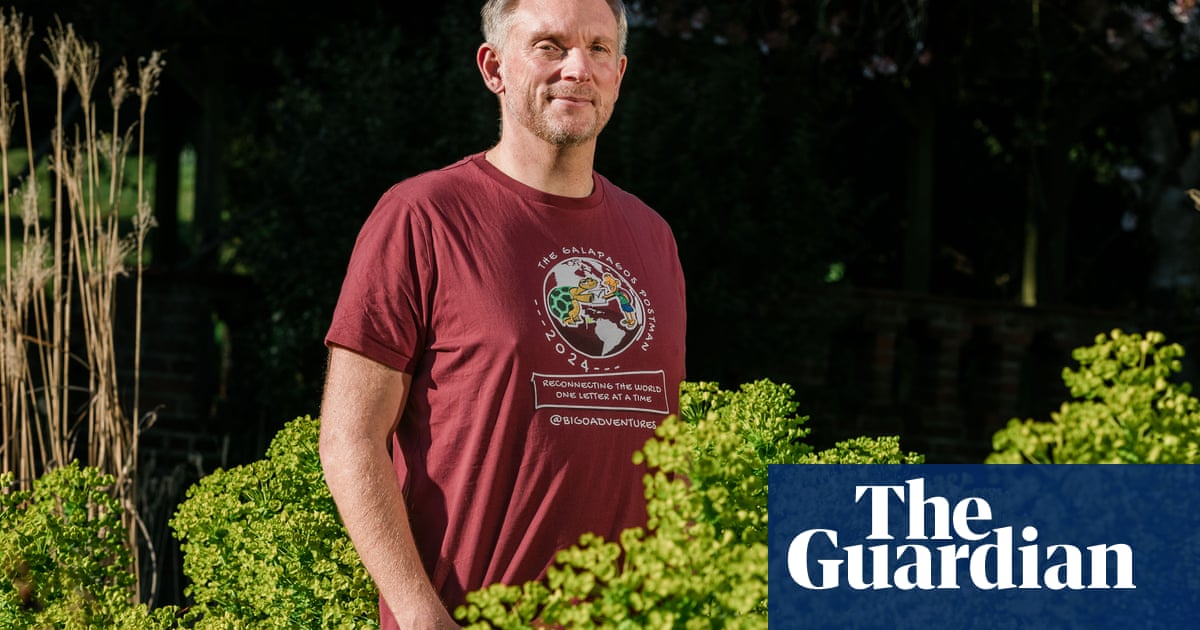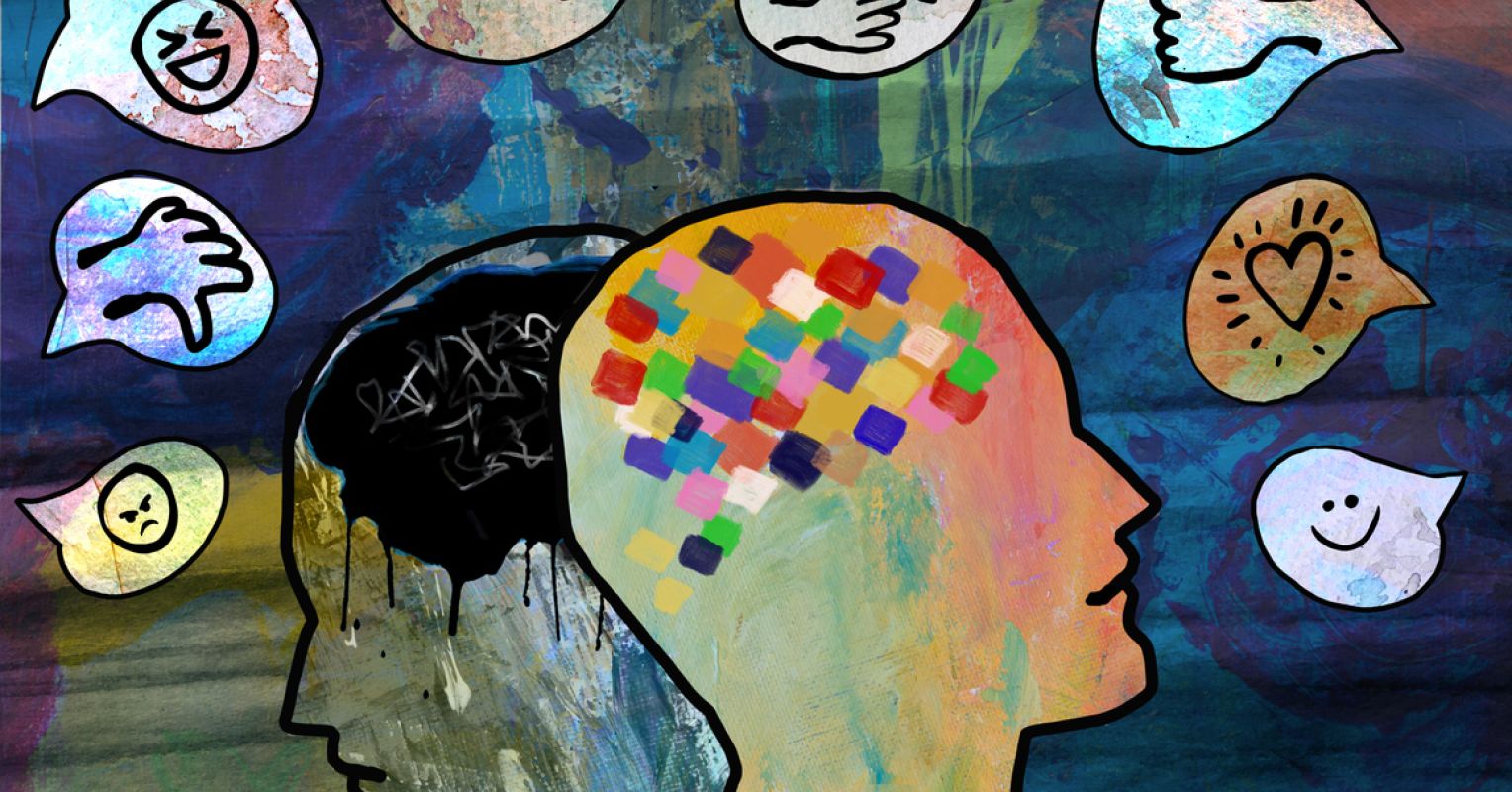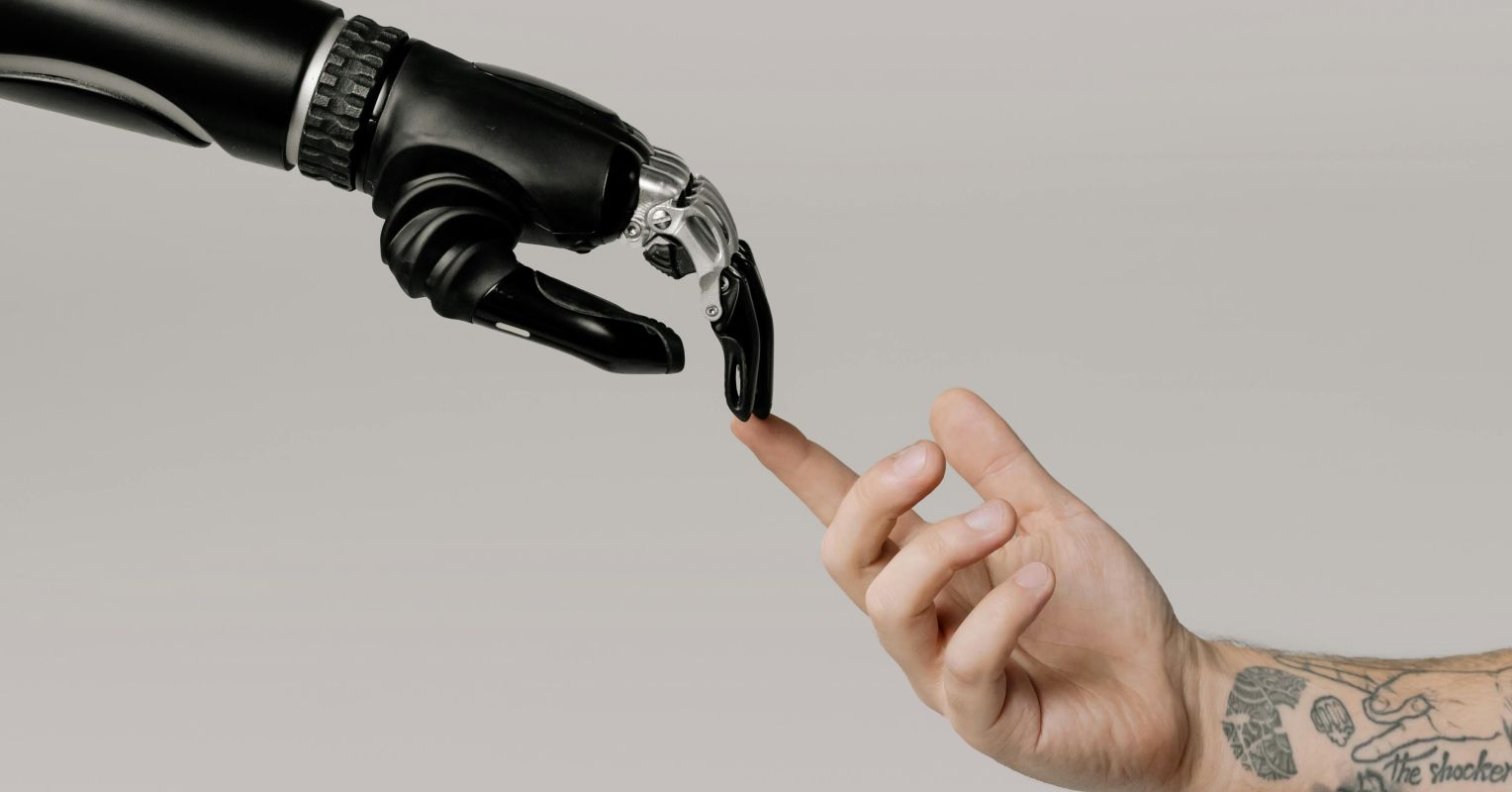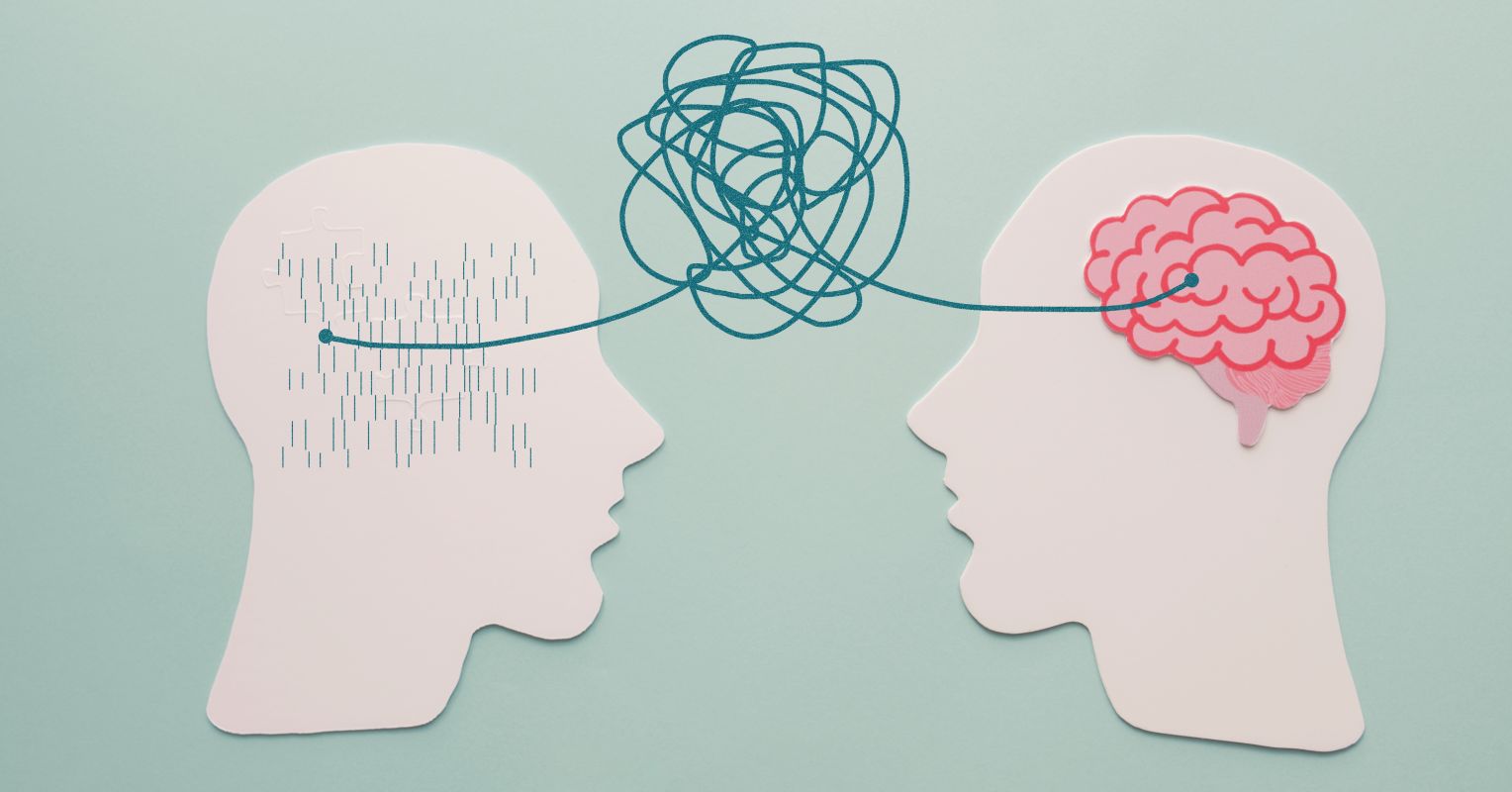Psychology
fromSilicon Canals
3 hours agoThe strange peace that comes when you finally stop explaining yourself to people who were never really listening - Silicon Canals
Emotional exhaustion from repeatedly explaining yourself to people who won't truly listen is distinct from work burnout and stems from an unmet human need for responsiveness.
